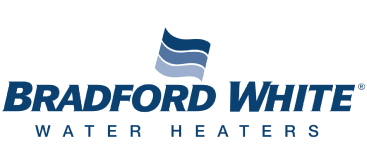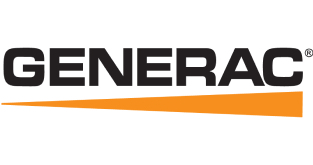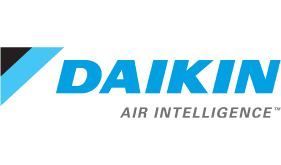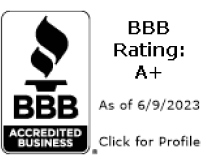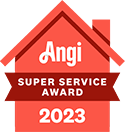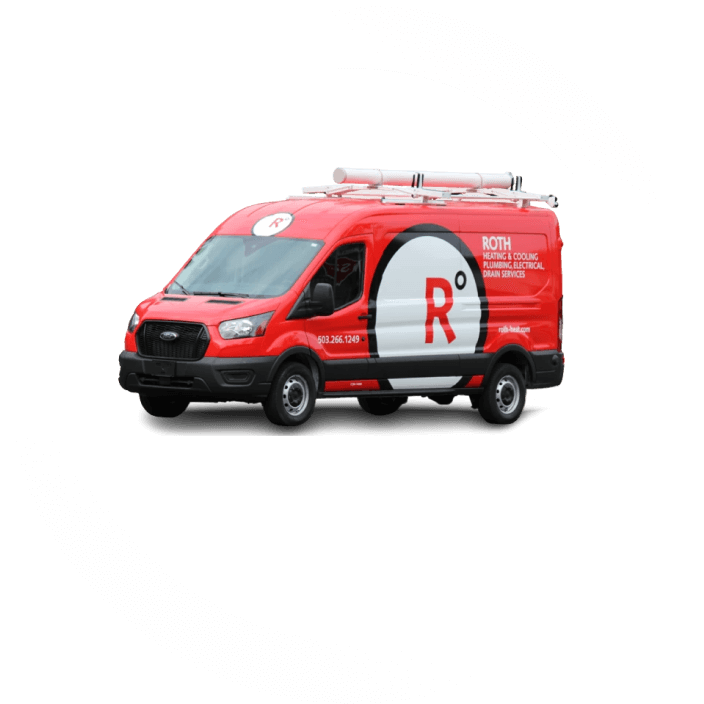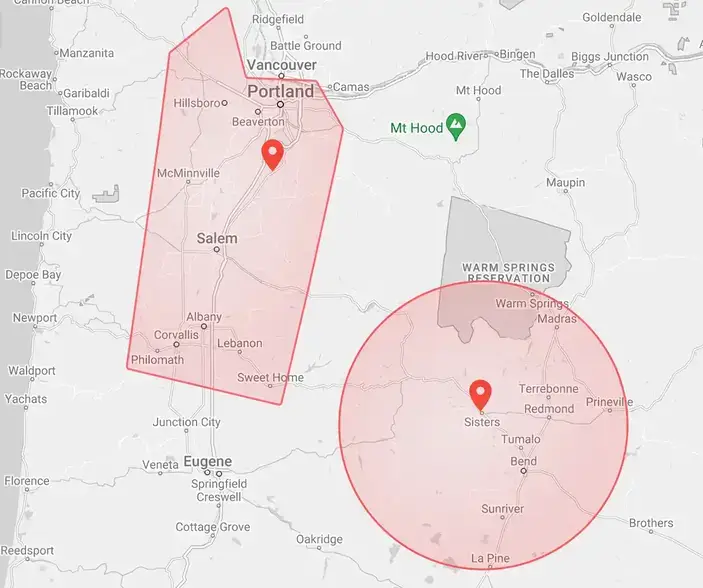If you’re concerned about the high cost of heating and cooling your home, you’re probably looking for effective ways to lower your yearly household energy consumption. Getting all of your home’s various systems into sync goes a long way toward improving efficiency and saving energy. Taking the following measures makes syncing HVAC systems easier and can bring you the greatest boost in overall efficiency:
Maintain HVAC Equipment
Keeping your HVAC equipment clean and tuned up, and catching/fixing developing issues early all play a part in maximizing its efficiency, so be sure to schedule twice-yearly preventive maintenance visits.
Stop Air Leaks
While you need controlled air exchange for good indoor air quality, sealing uncontrolled air leaks in your home’s exterior envelope is vital to limit energy losses. To curb such losses, seal gaps and cracks around windows and doors, along the foundation and around penetrations for pipes, vents and wiring using caulk, weatherstripping and expandable spray foam.
Attend to the Ductwork
Uninsulated, leaky ducts can cost you 20 percent or more in lost HVAC equipment output. To limit this loss of efficiency, correct any duct defects like damaged or disconnected sections, then seal the joints/seams with metal-backed tape and install an R-6 insulation wrap on all accessible ducting.
Air Seal and Insulate the Attic
Air leakage and insufficient attic insulation can let conditioned air escape and allow heat transfer between the attic and your living space. You can curtail this energy drain by sealing leaks around HVAC, electrical and plumbing lines, the chimney and access hatch, and the attic perimeter. Then, increase the amount of insulation between your attic floor joists so you have a total of R-38 to R-60.
Replace Drafty Windows
Updating your older windows can eliminate drafts and limit heat gains and losses through the glass. In our climate zone, the most efficient windows are Energy Star-certified and have a U-factor of 0.25 or less, a solar heat gain co-efficient (SHGC) between 0.35—0.60, and an air leakage (AL) rating below 30.
For more advice on syncing HVAC systems in your Portland home, contact us at Roth Home & Cooling.
Credit/Copyright Attribution: “OpenClipart-Vectors/Pixabay”








